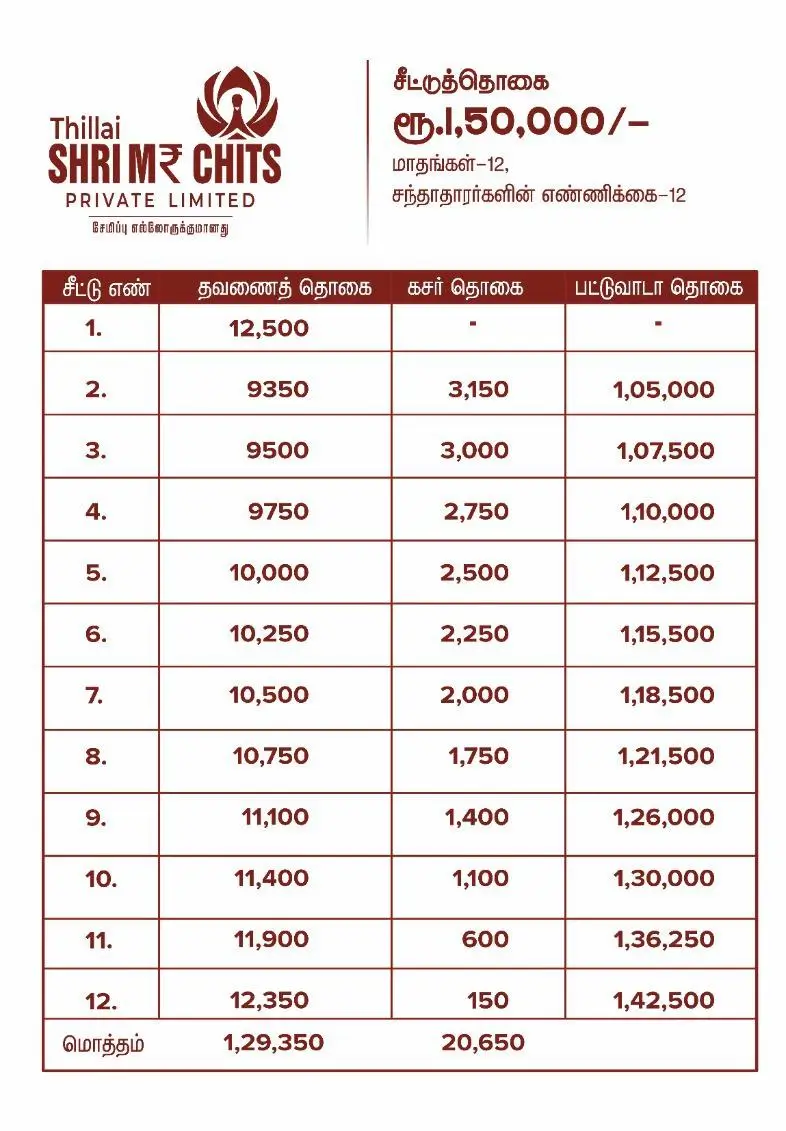
Saving money is one of the most powerful habits you can develop for long-term stability and independence. It is not just about setting aside cash—it is about creating a lifestyle that balances needs, wants, and future goals. By building strong saving habits, you protect yourself against unexpected financial shocks, reduce stress, and gain the freedom to pursue opportunities without constant worry about money. This guide explores smart saving habits that cover budgeting, cutting expenses, shopping wisely, investing basics, and adopting the right mindset. At every stage, we will highlight the benefits you gain, so you can clearly see how each step moves you closer to financial freedom.
Why Saving Money Matters
Before discussing strategies, it is important to understand the core benefits of saving money:
Financial Security
Emergency savings protect you from crises like job loss or medical emergencies.
Debt Avoidance
By saving for big purchases, you reduce reliance on loans or credit cards.
Peace of Mind
Having money set aside lowers financial stress and uncertainty.
Opportunities for Growth
With savings, you can invest, start a business, or pursue education without hesitation.
Early Retirement and Independence
Saving early helps you build wealth that supports long-term freedom.
Step 1: Build a Budget That Works
Budgeting is the foundation of all saving. Without a plan, your money can slip away unnoticed.
Benefits of Budgeting
- Keeps spending in check
- Ensures money is directed toward goals.
- Provides clarity on needs vs wants.
Simple Budgeting Methods
- 50/30/20 Rule: 50% for needs, 30% for wants, 20% for savings and debt repayment.
- Zero-Based Budget: Allocate every rupee or dollar so nothing is left unplanned.
- Envelope System: Assign physical cash or digital “envelopes” for spending categories.
By budgeting, you turn saving from a vague intention into a structured plan.
Step 2: Cut Unnecessary Expenses
Small expenses add up over time, and reducing them frees up money for savings.
Examples
- Cancel unused subscriptions or memberships.
- Cook at home instead of dining out frequently.
- Use public transport or carpool when possible.
- Delay impulse purchases with a 24-hour rule.
Benefits of Cutting Expenses
- Creates room in your budget for savings.
- Reduces lifestyle inflation—where spending rises with income.
- Builds financial discipline without major sacrifices.
Every rupee you save here can be redirected toward your future security.
Step 3: Shop Smart and Save More
Shopping habits significantly influence savings. With a little planning, you can spend less while still meeting your needs.
Smart Shopping Habits
- Compare prices online before buying.
- Buy in bulk for non-perishable goods.
- Take advantage of discounts and cashback offers.
- Choose quality items that last longer over cheaper but short-lived options.
Benefits of Smart Shopping
- Prevents overspending and waste.
- Maximizes value for every purchase.
- Creates sustainable habits that compound over time.
Shopping wisely is not about restriction—it is about smarter decision-making.
Step 4: Automate Your Savings
The easiest way to save consistently is to remove the decision from your daily routine.
Ways to Automate
- Schedule automatic transfers from your salary account to a savings account.
- Set up recurring investments in mutual funds or retirement accounts.
- Use apps that round up purchases and transfer the difference to savings.
Benefits of Automation
- Builds discipline without effort.
- Eliminates the temptation to spend first and save later.
- Ensures long-term consistency, even if motivation fluctuates.
Automation makes saving a priority instead of an afterthought.
Step 5: Prioritize an Emergency Fund
An emergency fund is your first line of defense against financial instability.
How to Build It
- Start small—save at least one month’s worth of expenses.
- Gradually increase to cover 3–6 months.
- Keep it in a high-interest account that allows easy access.
Benefits of an Emergency Fund
- Provides peace of mind in unpredictable times.
- Prevents debt accumulation during crises.
- Gives you the confidence to handle challenges without financial panic.
With an emergency fund in place, you gain security and stability.
Step 6: Begin Investing Early
Saving alone will not grow wealth. Inflation erodes the value of money, which is why investing is a necessary step.
Beginner-Friendly Investments
- Fixed Deposits or Bonds: Safe and predictable.
- Mutual Funds and SIPs: Diversified with moderate returns.
- Stocks and ETFs: Higher growth potential for long-term goals.
- Retirement Accounts (PF, NPS, IRAs, 401k equivalents): Secure future income with tax benefits.
Benefits of Investing Early
- Harnesses compound interest, where your money earns returns on returns.
- Helps achieve long-term goals faster.
- Builds passive income streams for financial independence.
Investing ensures your savings are working for you, not just sitting idle.
Step 7: Adopt the Right Money Mindset
Beyond techniques, saving requires the right mindset. Your financial outlook shapes your habits.
Key Shifts
- Focus on long-term rewards over short-term pleasures.
- Distinguish between needs and wants.
- Embrace minimalism and value experiences over possessions.
- Retirement Accounts (PF, NPS, IRAs, 401k equivalents): Secure future income with tax benefits.
Benefits of a Strong Money Mindset
- Keeps you consistent even when challenges arise.
- Builds discipline that extends beyond money into other areas of life.
- Aligns financial habits with personal values and goals.
Mindset is what transforms saving from a chore into a lifestyle.
Step 8: Review and Adjust Regularly
A savings plan should evolve with your life. Circumstances change—income grows, expenses shift, and goals develop.
How to Review
- Track savings progress monthly.
- Track savings progress monthly.
- Increase savings contributions as income rises.
Benefits of Regular Review
- Keeps you aligned with your current needs and future ambitions.
- Ensures your plan adapts to life changes.
- Prevents stagnation and encourages growth.
Adjustments ensure your savings journey stays effective and relevant.
Conclusion
Saving money is not about sacrifice—it is about empowerment. By budgeting effectively, cutting unnecessary expenses, shopping smart, automating your savings, and investing wisely, you create a system that provides both short-term security and long-term freedom.
The benefits are life-changing: financial stability, reduced stress, freedom from debt, and the ability to pursue opportunities on your terms. The earlier you start and the more consistent you are, the stronger your financial foundation becomes.
Start today, stay disciplined, and watch your savings transform into the key that unlocks financial freedom.










